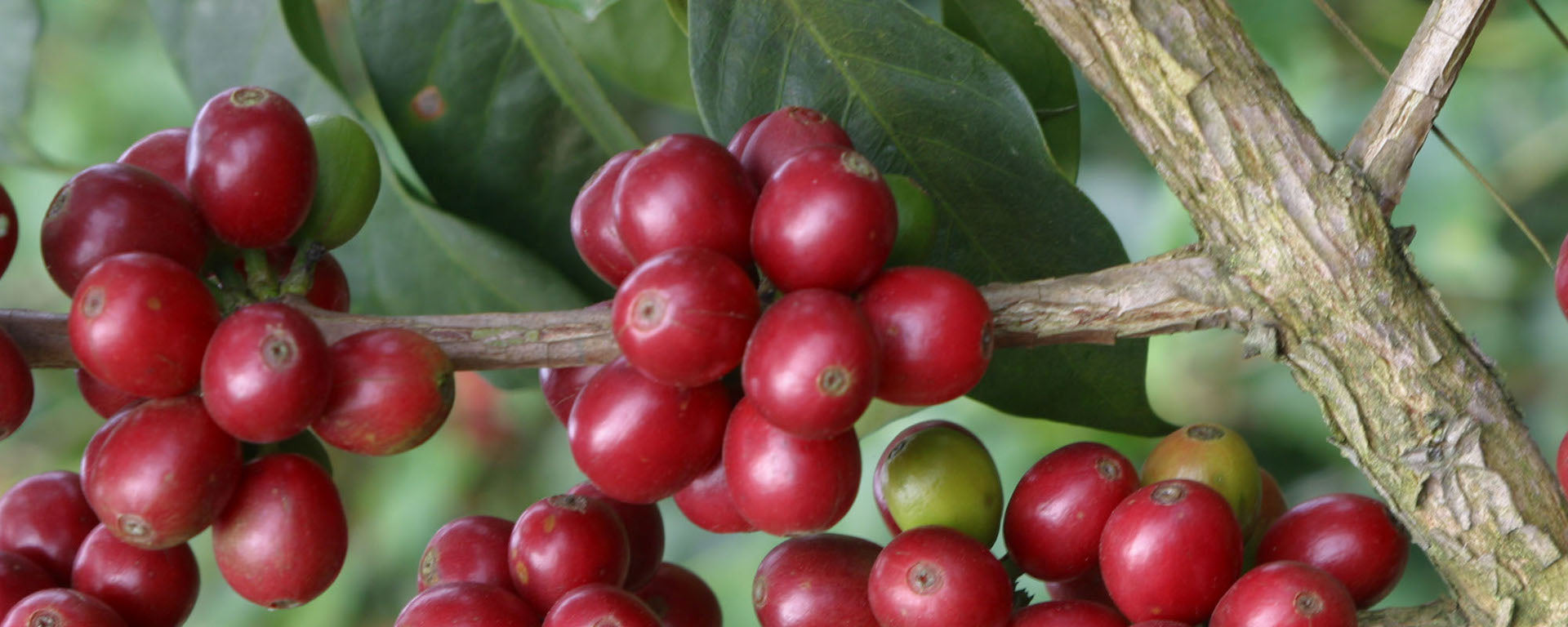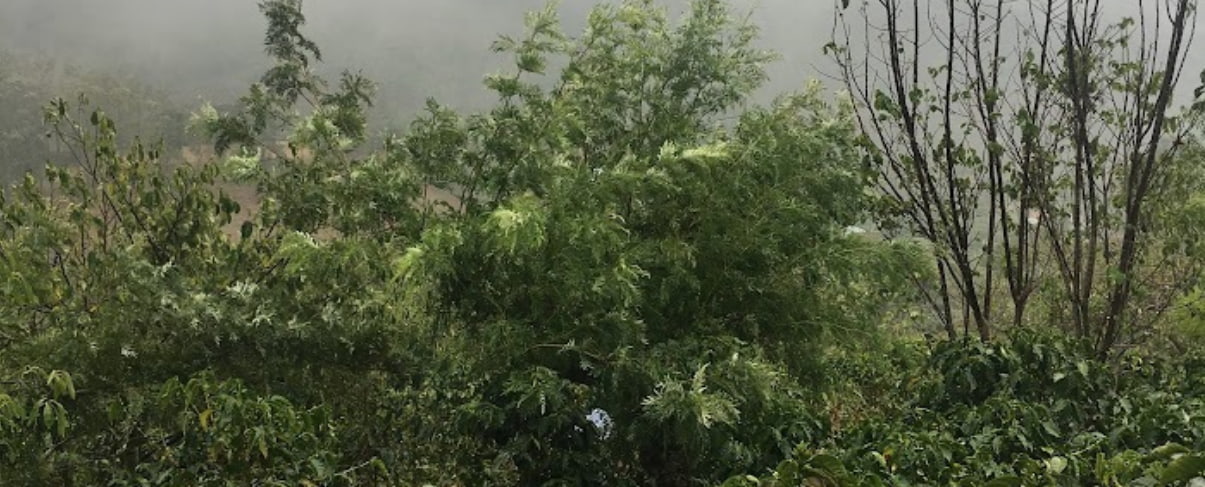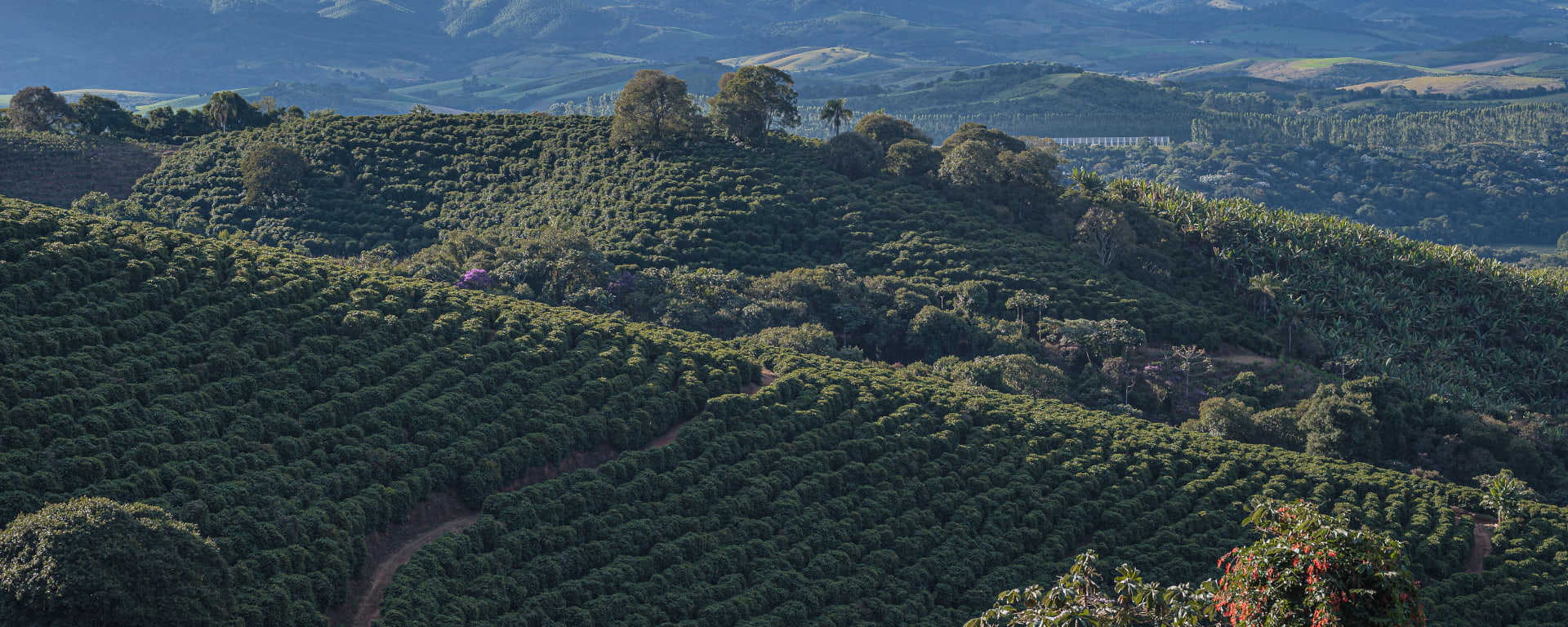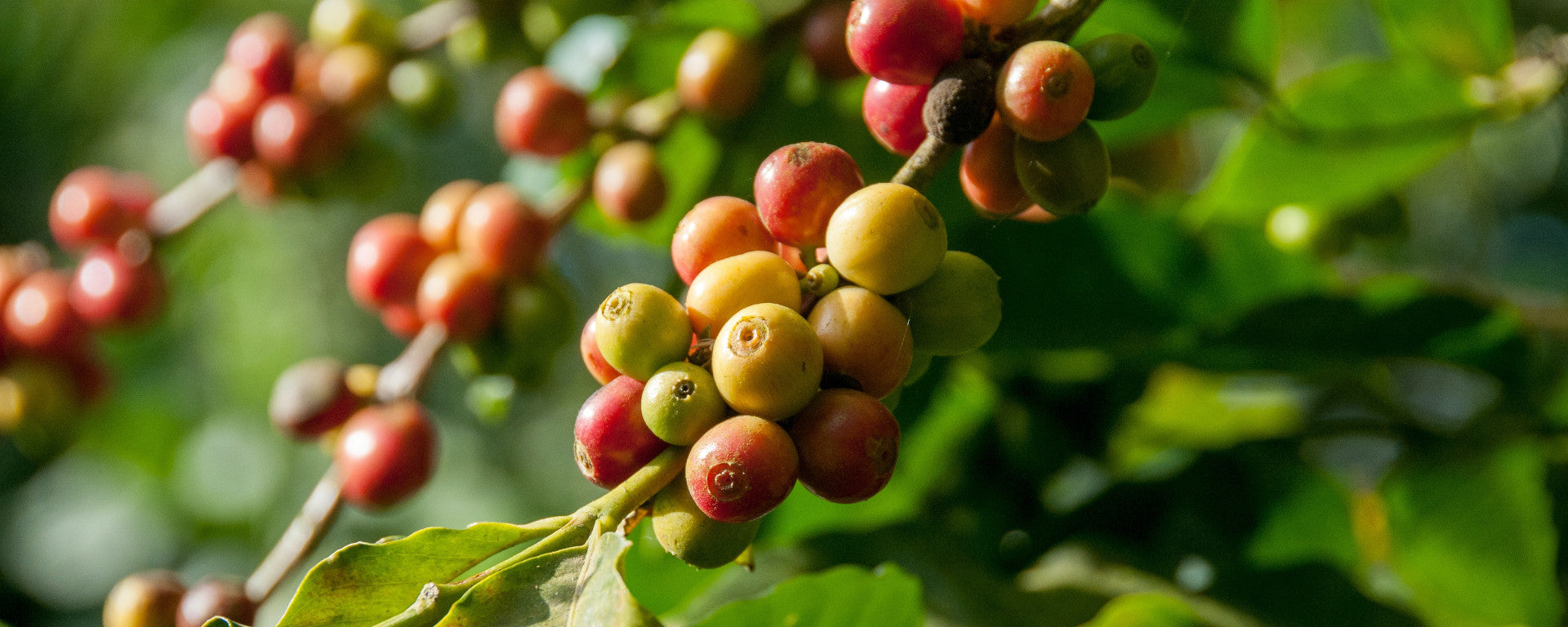Guatemala Kaape Coban
Guatemala coffee farms are some of the most beautiful and productive in the world. The country’s volcanic soil and climate create ideal conditions for coffee production and Guatemalan farmers have perfected the art of growing and processing coffee beans.
Guatemala’s coffee farms are typically family-owned and operated, and have been passed down from generation to generation. The coffee farmers of Guatemala take great pride in their work, and it shows in the quality of their coffee.
Brewzeus coffee lot is coming from Coban coffee growing region of Guatemala. The farm is located in the Fraijanes Plateau, renowned for being one of the regions that produces high quality coffees in the country – complex, clean and sweet.
If you’re lucky enough to visit a Guatemala coffee farm, you’ll be treated to a truly unique experience. From the moment you step foot on the farm, you’ll see the coffee plants growing, and learn about the different ways that farmers process their coffee beans. And of course, you’ll get to taste the coffee itself, made fresh from the farm.




